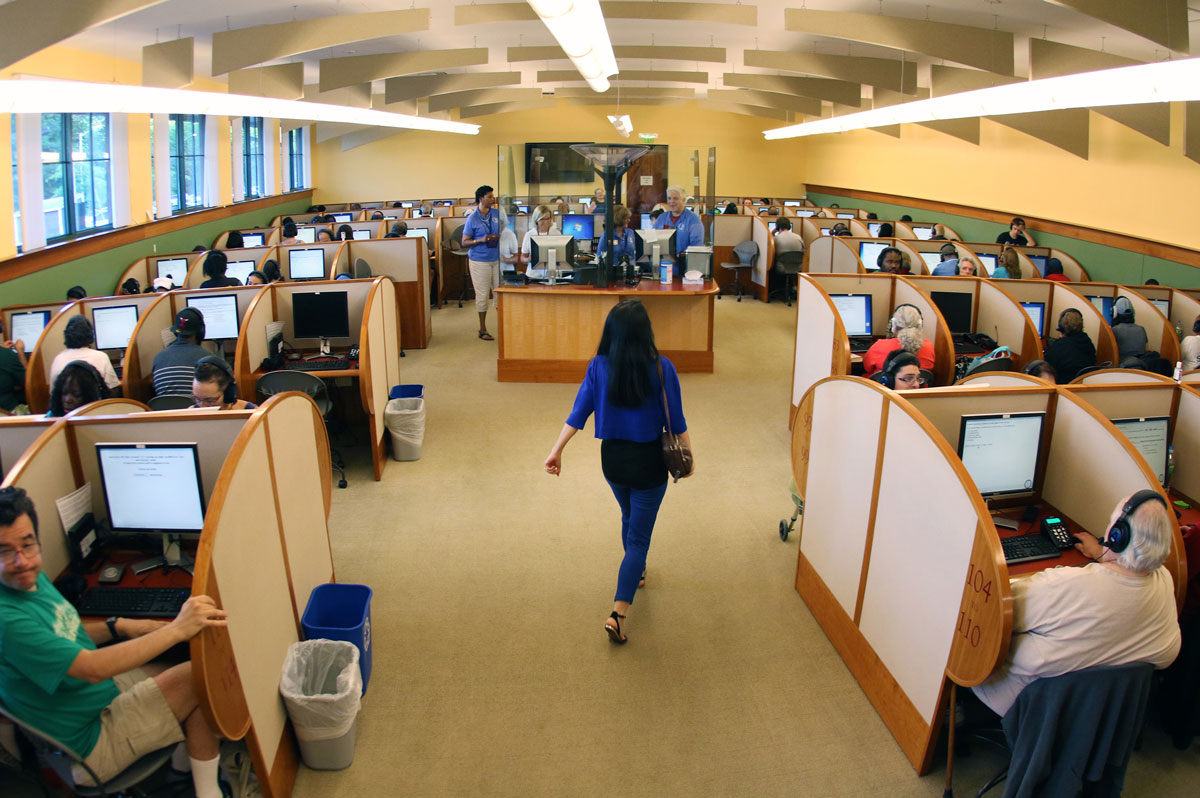Cryptocurrency is a revolutionary technological advancement that has changed how we do business. Wei Dai first proposed the idea of a digital currency on cypherpunks, an online forum for computer scientists, cryptographers, and hackers. Only later, when Bitcoin was created in 2009, that cryptocurrency became accessible to the public. Cryptocurrency has evolved since its inception, and now there are many different types of crypto available on the market today, with some even being used for legal purposes. Register here and start buying and selling or using this virtual currency for daily transactions.
Cryptocurrency is used for illegal activities.
A common misconception about cryptocurrencies is that they are used for illegal activities. In truth, most of the time, crypto is only used for money laundering. Cryptocurrencies are not anonymous. They lack a centralised point of control and, therefore, cannot be traced back to an individual or entity, although some privacy coins offer some anonymity. Identifying someone who holds or spends bitcoins can be very difficult because anyone keeps no record.
No law enforcement agencies know who owns each address at any given time. However, cryptocurrencies are not untraceable: if you want to track down someone who has committed a crime using bitcoin. The blockchain ledger is available on multiple computers worldwide, so it’s decentralised, and investigators could subpoena these computers for information if needed.
In addition to being used in criminal ways like money laundering, cryptocurrencies are currently under attack by governments worldwide. They try their best to regulate them so they can benefit from this new technology while still maintaining control over it themselves.
Cryptocurrency is a bubble.
This is a common misconception, and it’s easy to see why. Many people associate cryptocurrency with bitcoin, and the price of bitcoin has been highly volatile over the last decade. While there have been bubbles in the world of cryptocurrencies, they are not the same as being a bubble itself.
Cryptocurrency is an asset that many people use as a currency or store of value. Cryptocurrencies have been around for less than ten years, which means they’re still very new compared to other assets like stocks or real estate. The volatility of cryptocurrencies also means their value can change quickly daily or even hour to hour. You might think that this makes them similar to bubbles, but just because something goes up quickly doesn’t mean it’s destined for collapse!
Cryptocurrency is not decentralised.
That’s a myth! Cryptocurrency is decentralised. It exists on the blockchain, a peer-to-peer network that allows transactions to be processed without any central authority or third party. Banks are centralised institutions and rely on a single authority to verify transactions. Still, cryptocurrency does not need an intermediary to process its transactions because its technology makes that unnecessary.
Cryptocurrency is not regulated.
You may have heard that cryptocurrencies aren’t regulated. This is only partially true. Cryptocurrencies are regulated, but not in the same way as fiat currency. Cryptocurrency is regulated by the community and developers rather than by a central bank or government. Developers have certain practices they follow to ensure that their coins are safe and secure; these include:
- Using cryptography to validate transactions on a blockchain
- Creating new blocks of data every few minutes, which prevents double spending (where someone spends their money twice)
- Maintaining decentralisation (having multiple copies of the ledger on different servers
Only criminals use crypto.
Not only is cryptocurrency not a criminal tool, but it’s also not a tool for any criminal. While some people use crypto to commit crimes as they would use cash or gold, the same can be said of every other form of money that exists today. The idea that you can only use cryptocurrencies illicitly is false. Many governments worldwide are considering making cryptocurrency legal tender so citizens can use them as they would fiat currencies like dollars and euros.
Conclusion
We hope we have been able to help dispel some of the cryptocurrency myths. We believe it is a technology with a bright future, and its potential has just begun to be realised. The truth will always prevail, and as long as people continue believing in crypto, there will be no stopping it.


